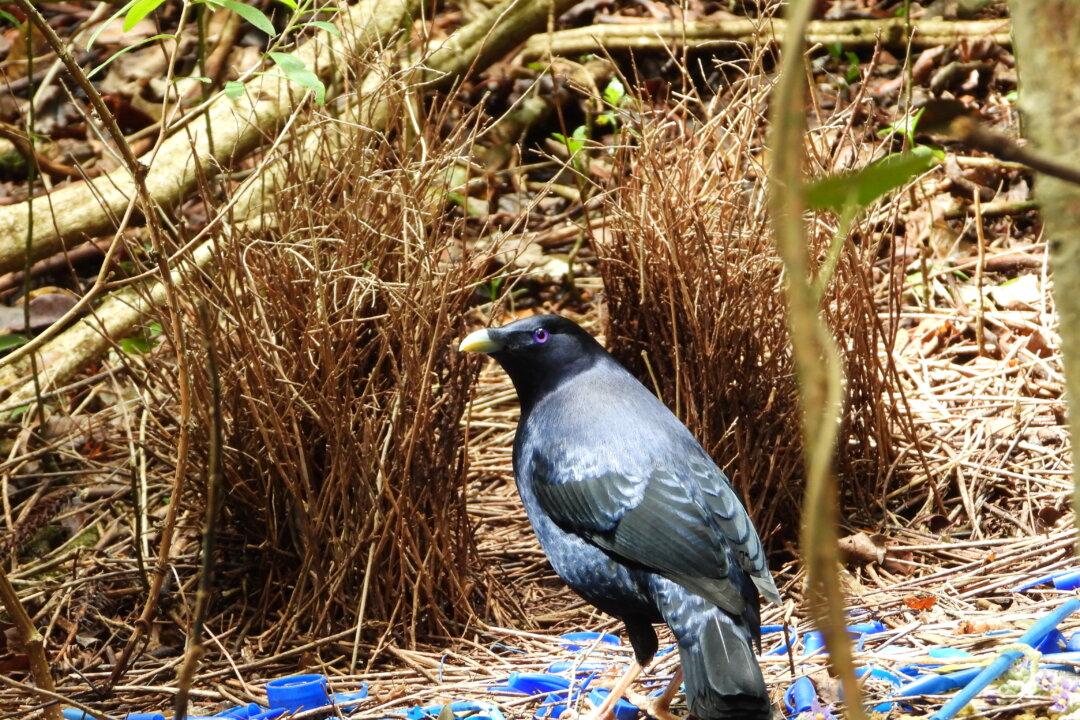Warning: Graphic image below.
A major supermarket is switching to clear milk bottle lids to enhance recycling efforts, but wildlife conservation groups say it will save the iconic bowerbird from tragic deaths.

A major supermarket is switching to clear milk bottle lids to enhance recycling efforts, but wildlife conservation groups say it will save the iconic bowerbird from tragic deaths.